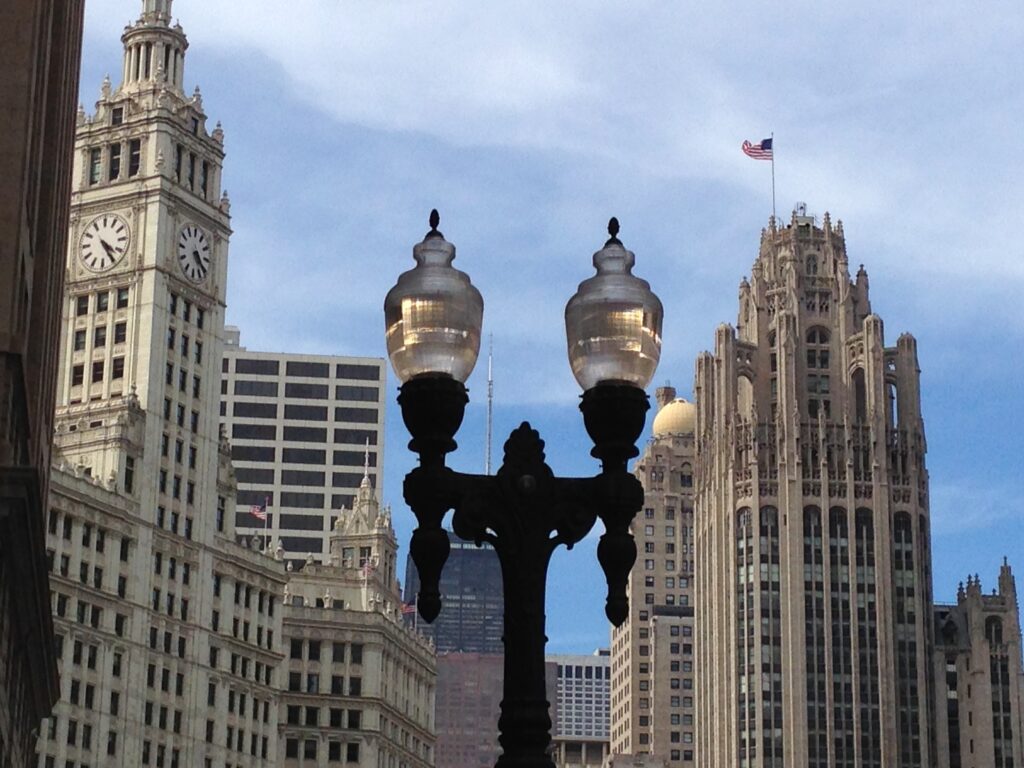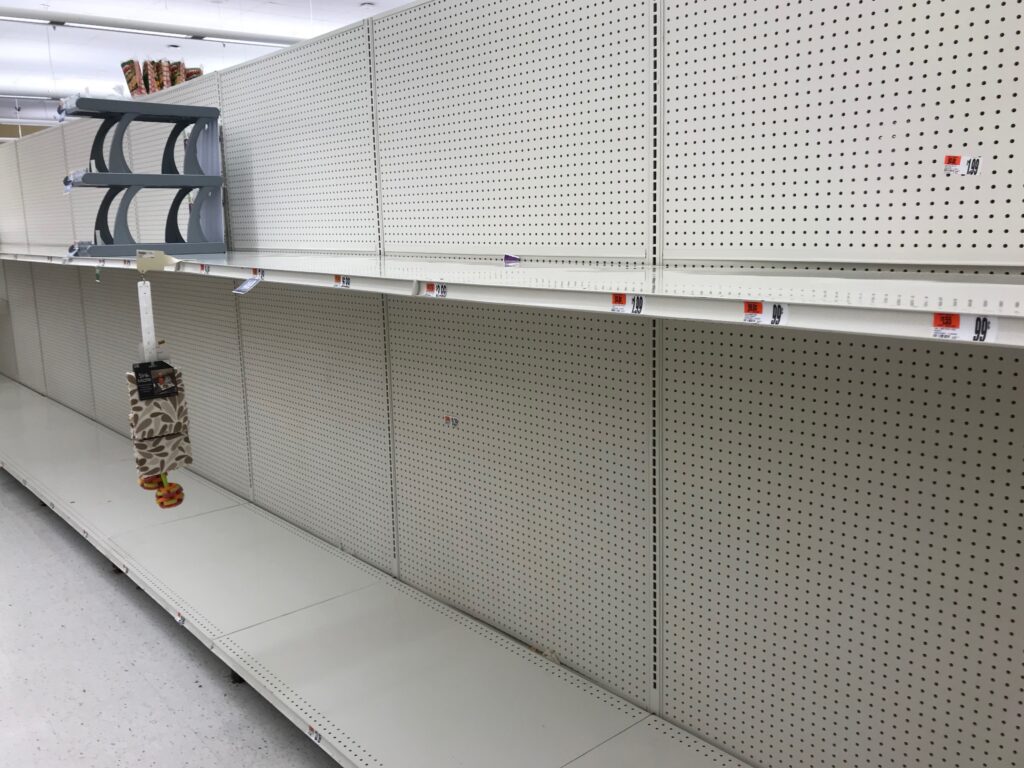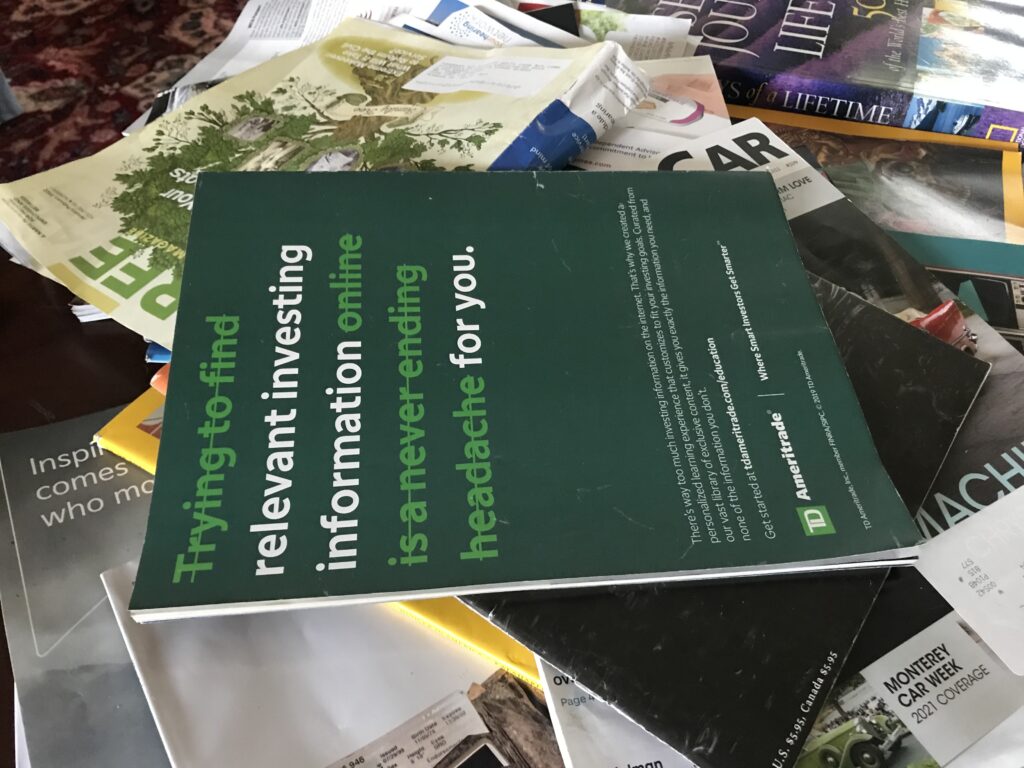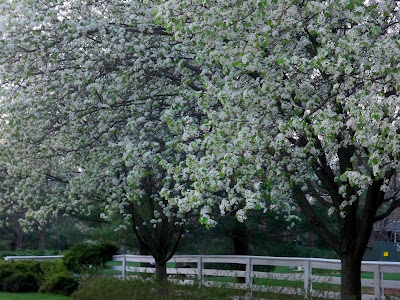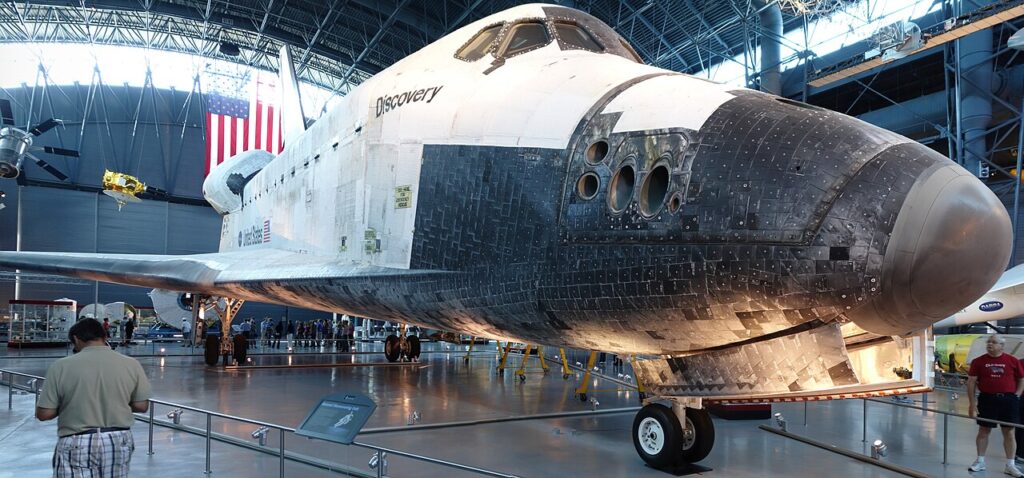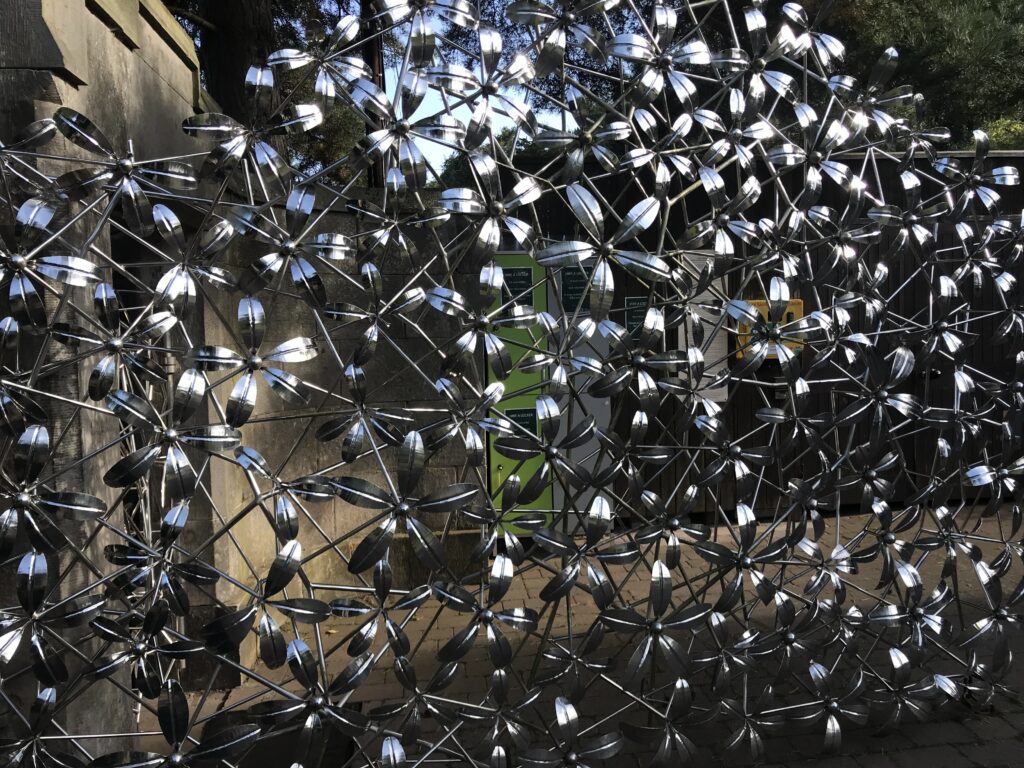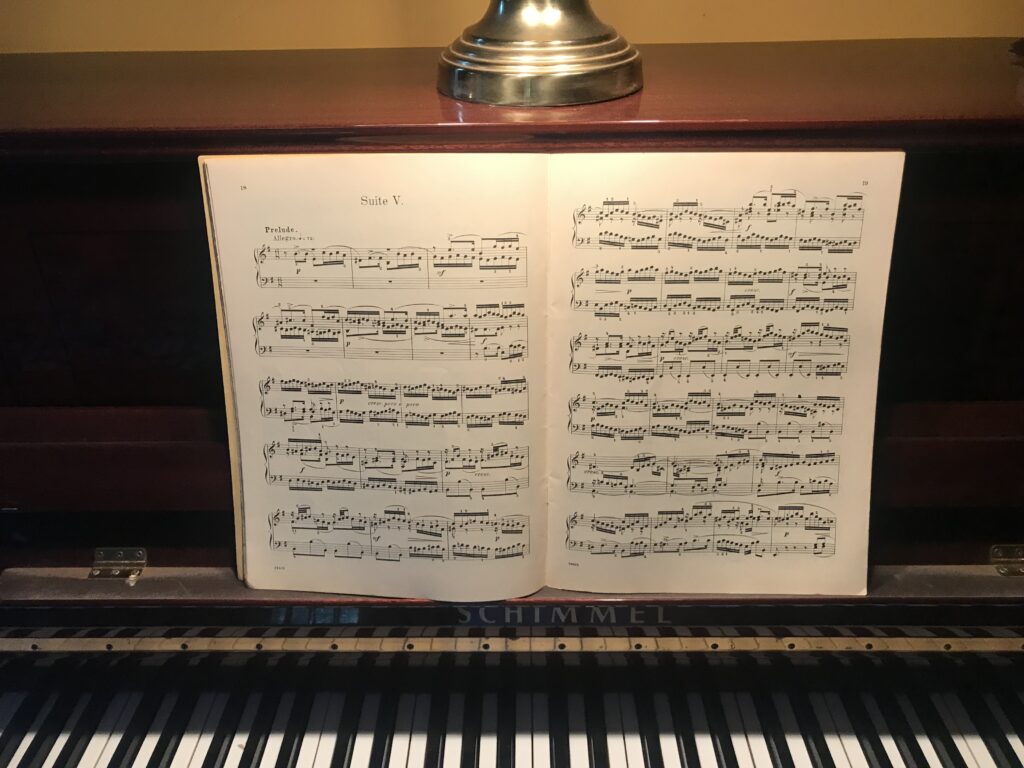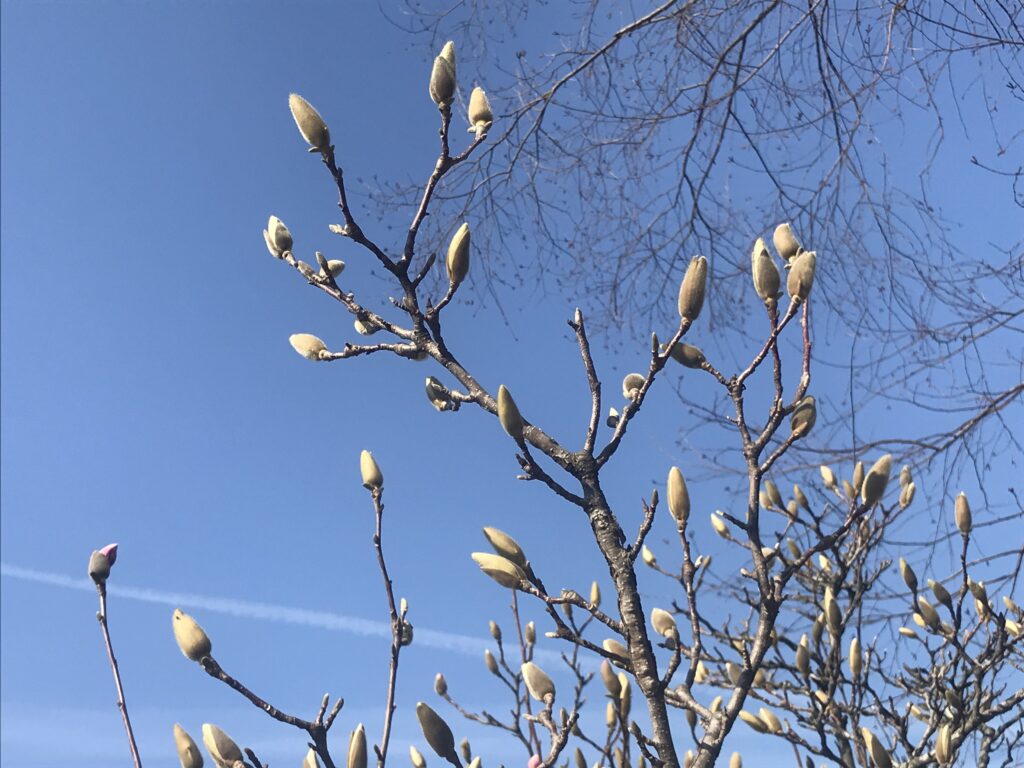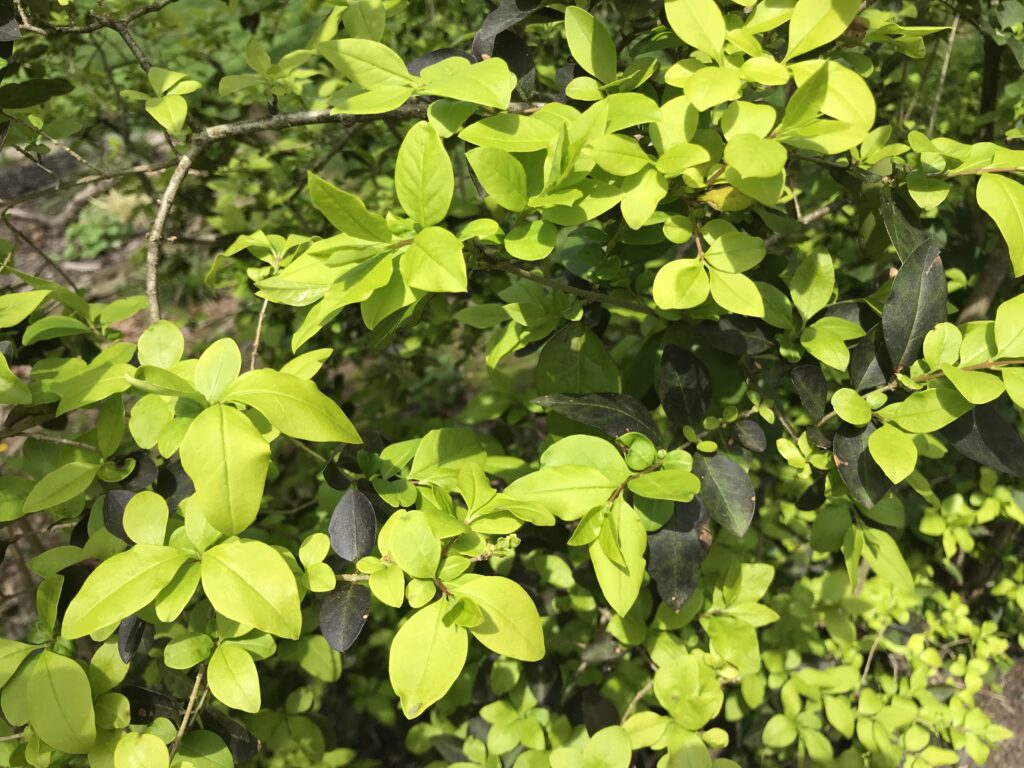Pink Petals Flying
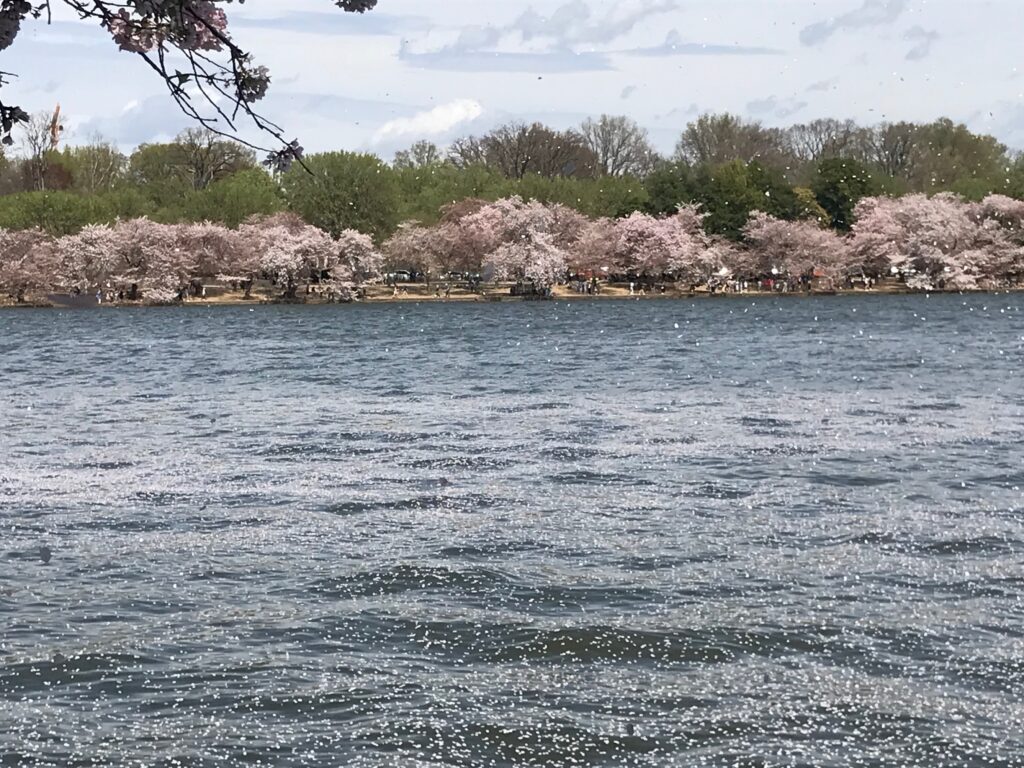
Resistance is futile. When D.C.’s Tidal Basin cherry blossoms are in peak bloom, I want to see them. So I trundled downtown yesterday on Metro and caught the seasonal display, slightly less robust than usual due to seawall construction.
What always strikes me on these pilgrimages is not the flowers but the people. I heard dozens of languages, dodged scores of photographers, reminded myself over and over again, it’s the journey not the destination.
Summery temperatures are making quick work of the fragile flowers this year. Thunderstorms moved in last night; the wind was already picking up when I was there. I tried to snap a shot of the pink petals flying, but they proved elusive. If you look closely at the photo above, though, you’ll see them. No fooling!
